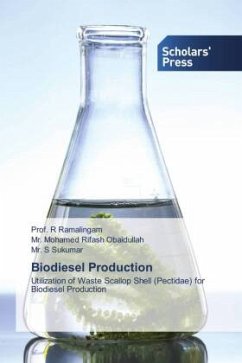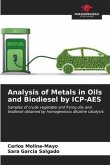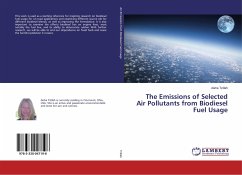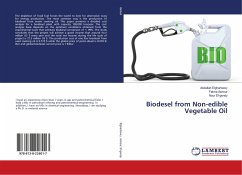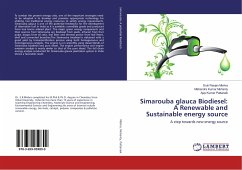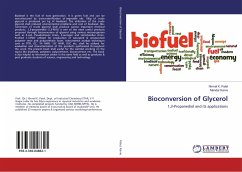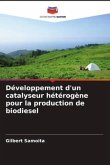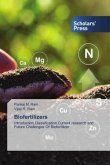Scallop shell (CaO) was assessed as a heterogeneous basic catalyst for the transesterification of waste cooking oil with a high FFA level. Biodiesel was produced through transesterification. The waste cooking oil was filtered and blended for 30 minutes at room temperature in a magnetic stirrer. The esterified oil was then transformed into biodiesel using calcinated scallop shells (CaO) as a catalyst and a methanol-to-oil ratio of 6:1. The characteristics of the CaO catalyst were evaluated using X-ray diffraction (XRD), scanning electron microscopy and energy dispersive X-ray (SEM-EDAX), Fourier transform infrared spectroscopy (FTIR), and gas chromatography mass spectrometry (GCMS). The structure of scallop shells was also characterized using FTIR.

